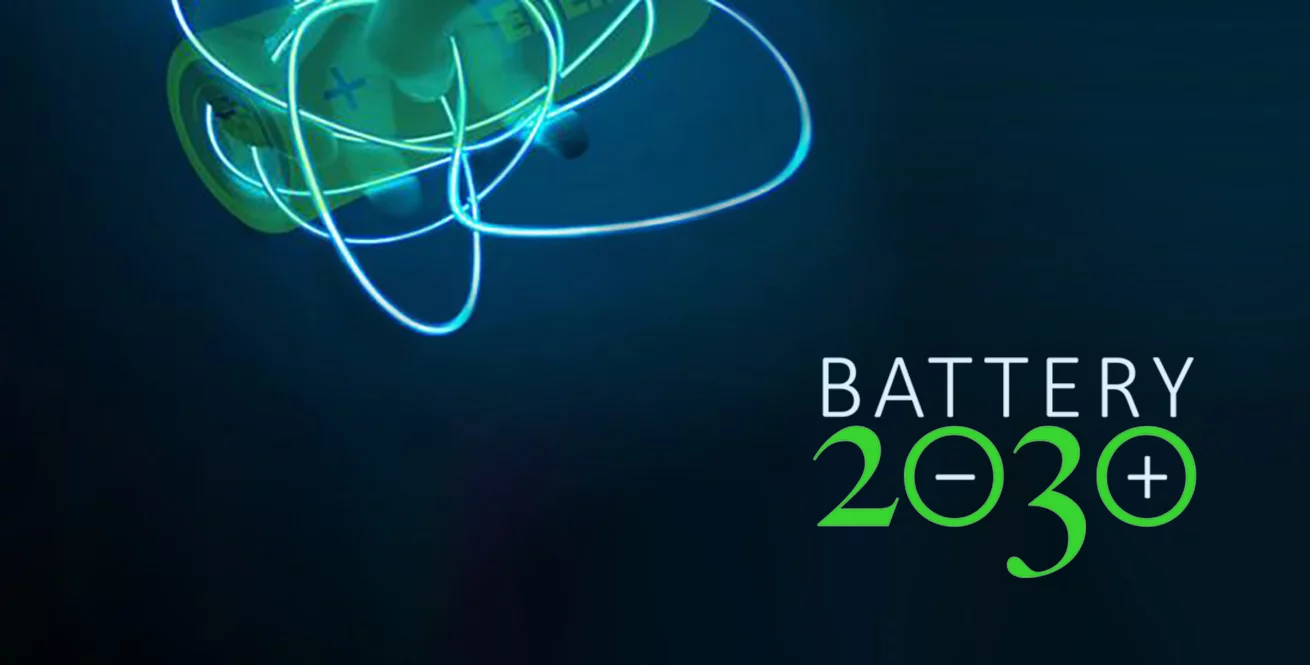The European research initiative BATTERY 2030+ is now getting going. The ambition is to make Europe the world-leader in the development and production of the batteries of the future. These batteries need to store more energy, have a longer life, and be safer and more environmentally friendly than today’s batteries in order to facilitate the transition to a more climate-neutral society.
"We're finally up and running! This is an important long-term research investment in the field of batteries that will strengthen Europe's research position and contribute to having an industry that can manufacture the batteries of the future," says Professor Kristina Edström, Uppsala University, who is the coordinator of BATTERY 2030+. "We have been working for several years on the roadmap on which we base our research efforts, and which we presented in March this year. Now the various research projects are starting and we are making sure that our ideas result in new knowledge and new products – and of course in better batteries." Switzerland is represented in the project consortium by Empa researcher Corsin Battaglia and his deputy, PSI researcher Sigita Trabesinger. "As the Swiss representatives in the coordination and support action, our role is to facilitate joint activities within the BATTERY 2030+ initiative and ensure a strong link to the Swiss battery network," says Corsin Battaglia. "PSI strongly supports the European research initiative BATTERY 2030+ as its goals are well aligned with Swiss Energy Strategy 2050. Sustainable, safe and efficient energy storage is the prerequisite for achieving cost-effective energy system," adds Sigita Trabesinger.
Starting on 1 September, this major initiative consists of seven projects with a total budget of EUR 40.5 million from the EU’s Horizon 2020 research and innovation programme. Swiss research groups from several research institutions are involved in several of these projects. The research projects are operating in three different areas:
- Development of a European infrastructure platform to combine large-scale calculations and experimental studies to map the complex reactions that take place in a battery.
- Development and integration of sensors that examine and report on the battery’s health in real time.
- Development of self-healing components that extend battery life and improve safety.
The BATTERY 2030+ initiative works closely with other major European battery initiatives such as the European Battery Alliance and Batteries Europe.
This text is based on a text from the Swiss Federal Laboratories for Materials Testing and Research Empa.
Further information
Contact
Prof. Dr. Kristina Edström
Coordinator of BATTERY 2030+
Inorganic Chemistry
Uppsala University
Telephone: +46 70 167 90 06, e-mail: kristina.edstrom@kemi.uu.se
Dr. Sigita Trabesinger
Paul Scherrer Institute, Forschungsstrasse 111, 5232 Villigen PSI, Switzerland
Telephone: +41 56 310 57 75, e-mail: sigita.trabesinger@psi.ch
Dr. Corsin Battaglia
Swiss Federal Laboratories for Materials Science and Technology Empa
Telephone: +41 58 765 41 31, e-mail: corsin.battaglia@empa.ch
Copyright
PSI provides image and/or video material free of charge for media coverage of the content of the above text. Use of this material for other purposes is not permitted. This also includes the transfer of the image and video material into databases as well as sale by third parties.

